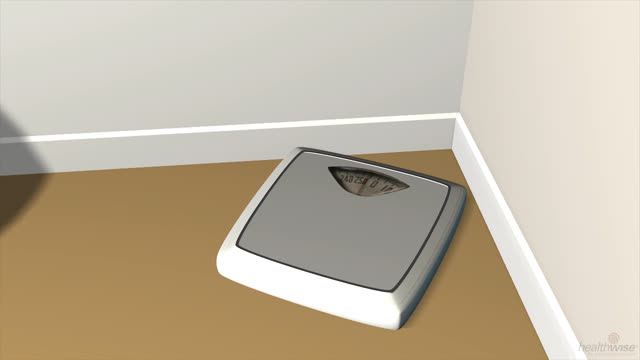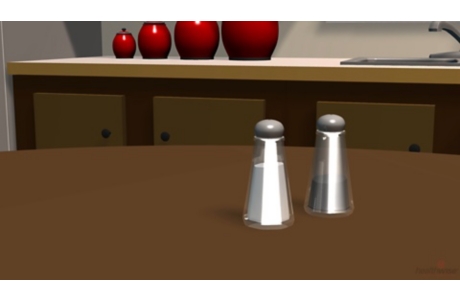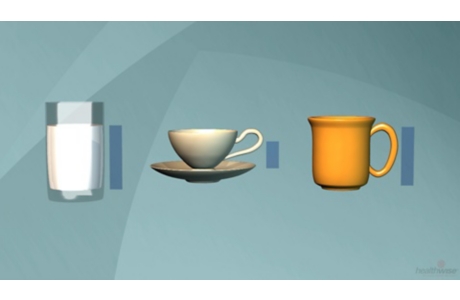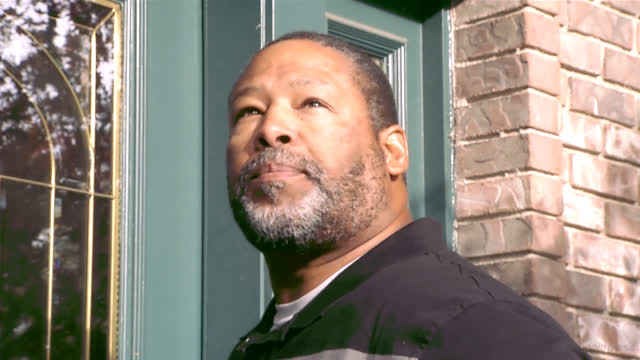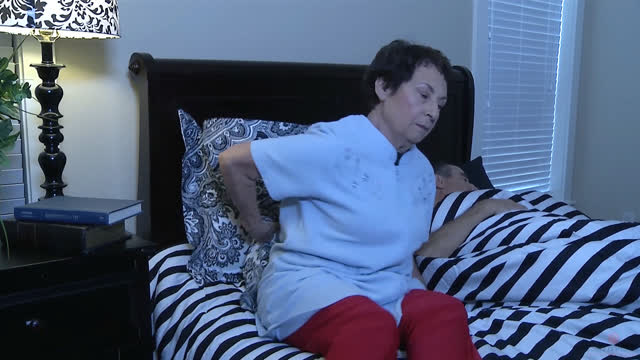Heart Failure: Checking Your Weight
Introduction
People who have heart failure need to track their weight carefully. Checking your weight lets you know how much extra fluid your body is holding on to. Sudden weight gain may mean that fluid is building up in your body because your heart failure is getting worse. Knowing how your weight is changing helps you manage your heart failure.
It’s not hard to track your weight. Here are some things to keep in mind:
- Weigh yourself on the same scale every day, at the same time each day.
- Keep a calendar by the scale. Write your weight on it each day.
- If you suddenly gain weight, call your doctor.
How do you check your weight when you have heart failure?
It’s easy to keep track of your weight if you check it every day. Here are some tips:
- Weigh yourself at the same time each day. Use the same scale on a hard, flat surface. The best time is in the morning after you go to the bathroom and before you eat or drink anything.
- Wear the same thing each time you weigh yourself, or always wear nothing. Don’t wear shoes.
- Keep a calendar by the scale. Write your weight on it each day. Take your calendar with you when you see your doctor.
Take notes
Keep a few notes on your calendar about how you feel each day. Here are some things to ask yourself:
- Is it harder to catch your breath?
- Are you more tired?
- Are your feet and ankles swollen?
- Do your legs or belly seem puffy?
When to call your doctor
Call your doctor if you have sudden weight gain, such as more than 2 lb (0.9 kg) to 3 lb (1.4 kg) in a day or 5 lb (2.3 kg) in a week. (Your doctor may suggest a different range of weight gain.) If you are gaining weight slowly, tell your doctor on your next visit.
Tell your doctor if you are having to prop yourself up at night to breathe, or if you wake up in the night feeling out of breath.
Credits
Current as of: April 9, 2019
Author: Healthwise Staff
Medical Review:Rakesh K. Pai, MD – Cardiology, Electrophysiology & Martin J. Gabica, MD – Family Medicine & E. Gregory Thompson, MD – Internal Medicine & Adam Husney, MD – Family Medicine & George J. Philippides, MD, FACC – Cardiology
Current as of: April 9, 2019
Author: Healthwise Staff
Medical Review:Rakesh K. Pai, MD – Cardiology, Electrophysiology & Martin J. Gabica, MD – Family Medicine & E. Gregory Thompson, MD – Internal Medicine & Adam Husney, MD – Family Medicine & George J. Philippides, MD, FACC – Cardiology


